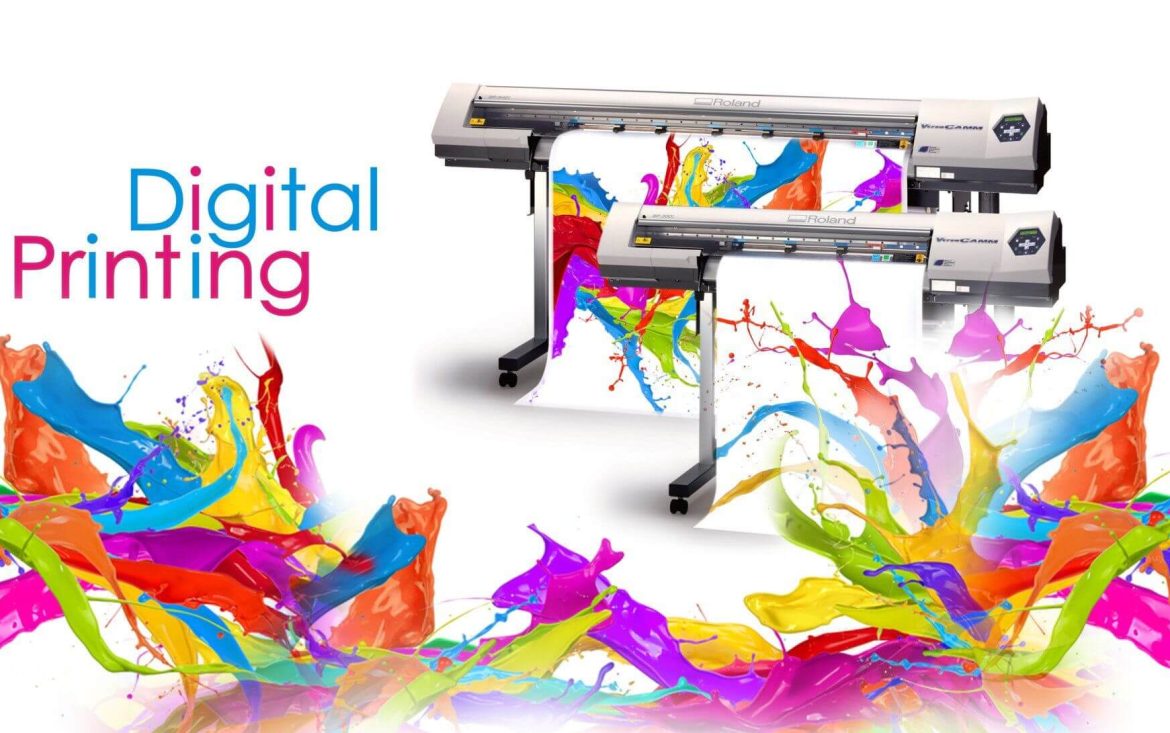
In an era where environmental consciousness is paramount, businesses are increasingly seeking sustainable practices across all aspects of their operations. When it comes to printing, the question often arises: Is digital printing environmentally friendly? Let’s delve into the eco-friendly aspects of digital printing, particularly in the context of Ghana, and understand how this technology aligns with environmentally conscious business practices.
Understanding Digital Printing:
Digital printing is a modern printing method that involves transferring digital files directly onto various substrates, such as paper, without the need for traditional printing plates. Unlike offset printing, which requires extensive setup and generates more waste, digital printing offers a more streamlined and resource-efficient process.
Eco-Friendly Features of Digital Printing:
Reduced Waste:
One of the significant environmental benefits of digital printing is the reduction of waste. Traditional printing methods often produce excess prints during setup or require the disposal of printing plates after use. In contrast, digital printing allows for on-demand printing, minimizing the need for excess prints and reducing overall waste.
Chemical-Free Printing:
Digital printing eliminates the need for many chemicals used in traditional printing processes. In offset printing, chemicals such as fountain solutions and solvents are common, posing environmental hazards. Digital printing relies on toner or inkjet technology, reducing the environmental impact associated with chemical usage.
Energy Efficiency:
Digital printing presses are designed to be energy-efficient, consuming less power compared to their traditional counterparts. The absence of lengthy setup times and the ability to print directly from digital files contribute to lower energy consumption, making digital printing a greener choice in terms of operational efficiency.
Variable Data Printing:
Digital printing enables variable data printing, allowing for customization of each print with unique content. This targeted approach minimizes the need for mass production of generic prints, reducing resource consumption and contributing to a more sustainable printing process.
Water Conservation:
Unlike offset printing, which often requires water for various stages of the printing process, digital printing is a waterless technology. This aspect of digital printing eliminates the environmental impact associated with water usage and wastewater treatment, making it a more sustainable option.
Digital Printing in Ghana:
Ghana, like many other countries, is witnessing a growing awareness of environmental issues and the need for sustainable business practices. Digital printing in Ghana aligns well with these sustainability goals, offering several advantages that contribute to a greener printing industry.
Localized Printing:
Digital printing allows for localized and on-demand printing, reducing the carbon footprint associated with transporting printed materials over long distances. This is particularly beneficial for businesses in Ghana seeking to minimize their environmental impact while meeting specific regional printing needs.
Support for Sustainable Materials:
Many digital printing services in Ghana are adapting to the demand for sustainable materials. From recycled paper options to eco-friendly inks, businesses can choose environmentally conscious printing materials that align with their commitment to sustainability.
Promoting Green Initiatives:
The adoption of digital printing in Ghana can be part of a broader effort to promote green initiatives within the business community. By choosing digital printing services that prioritize environmentally friendly practices, businesses can contribute to a more sustainable printing industry in the region.
Considerations for Businesses:
While digital printing offers significant environmental advantages, businesses must also consider certain factors to maximize the eco-friendly aspects of this technology:
Material Choices:
Opt for recycled and FSC-certified paper options to further enhance the sustainability of your printed materials. Digital printing services in Ghana often offer a range of eco-friendly paper choices.
Ink and Toner Selection:
Choose printing services that utilize eco-friendly inks and toners. Vegetable-based inks and toners with low volatile organic compound (VOC) content are preferable for minimizing environmental impact.
Waste Management:
Implement effective waste management practices, such as recycling or repurposing printed materials, to ensure responsible disposal of any waste generated during the printing process.
Conclusion:
In conclusion, digital printing emerges as an environmentally friendly choice, offering reduced waste, energy efficiency, and the ability to support sustainable materials. In the context of Ghana, digital printing aligns with the growing awareness of environmental issues and provides businesses with the opportunity to contribute to greener practices. By considering factors such as material choices, ink selection, and waste management, businesses can maximize the eco-friendly benefits of digital printing while meeting their printing needs in a sustainable manner.






